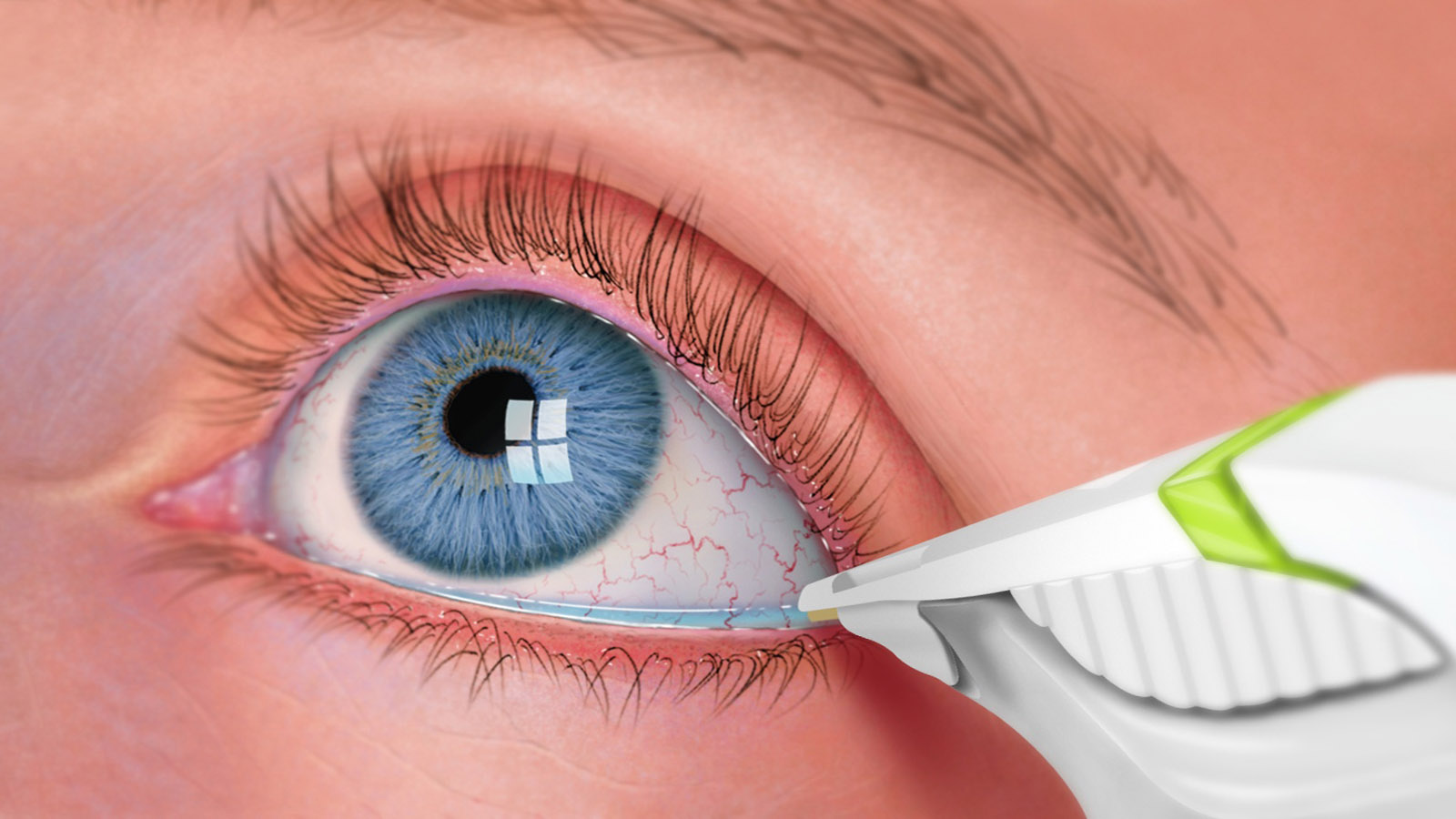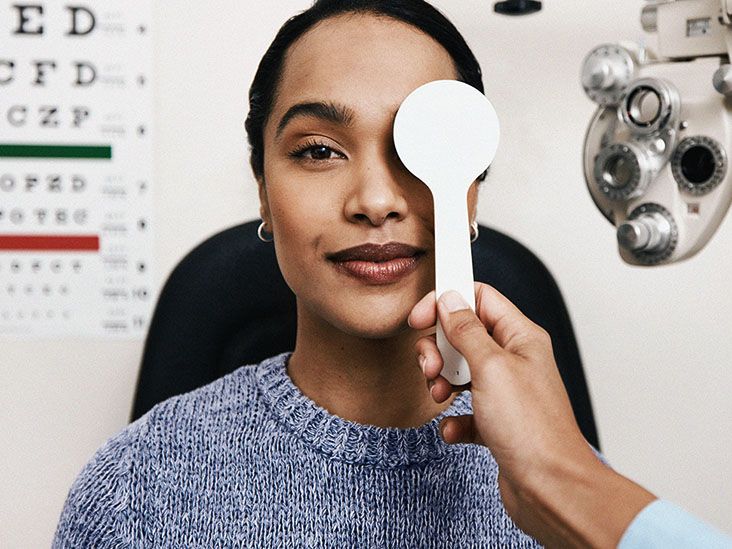Expert Neurologist Andalusia: Comprehensive Brain Health Services
Expert Neurologist Andalusia: Comprehensive Brain Health Services
Blog Article
Is Refractive Surgical Treatment Right for You? Factors to Think About for Better Eyecare
In the world of eye treatment, the choice to undertake refractive surgical procedure is a crucial one that requires thoughtful factor to consider. From the details of one's eye wellness to the details of day-to-day behaviors and individual expectations, each facet holds value in the more comprehensive landscape of refractive surgical treatment candidacy.
Eye Health Evaluation
When thinking about refractive surgery, a comprehensive eye health examination is important to examine the viability of the treatment for each and every individual. eye doctors in andalusia. This assessment entails a collection of evaluations and examinations performed by an eye care professional to establish the general health of the eyes, the presence of any type of hidden problems, and the stability of the refractive mistake
During the analysis, numerous variables are considered, such as the patient's case history, existing eye prescription, corneal thickness, student size, and tear movie quality. These analyses assist to recognize any type of contraindications to refractive surgical procedure, such as corneal irregularities, cataracts, or untreated eye infections. Additionally, the examination helps to handle person expectations relating to the potential results of the surgery based on their special eye characteristics.
Eventually, the eye health and wellness analysis is important in making sure the security and performance of refractive surgical procedure, as it provides valuable insights into the individual's eye health and wellness condition and aids establish the most ideal therapy choices for attaining optimum aesthetic end results. (andalusia pediatrics)
Way Of Living Evaluation
A complete lifestyle evaluation is essential in establishing the suitability of refractive surgery for a person's visual correction requirements. Lifestyle aspects such as occupation, pastimes, and daily activities play a crucial duty in the decision-making process relating to refractive surgery.
Moreover, way of life practices such as sports engagement, exterior activities, or even skincare regimens can affect the recovery process and general success of refractive surgical treatment. By carrying out an extensive lifestyle analysis, eye treatment experts can tailor their referrals and therapy strategies to meet the unique demands of each person, eventually leading to improved aesthetic end results and contentment.
Assumption Positioning

Establishing sensible assumptions involves extensive pre-operative discussions between the ophthalmologist and the patient. The surgeon needs to transparently connect the prospective threats, advantages, and restrictions of the treatment (eye center andalusia). Clients need to understand that while numerous people accomplish 20/20 vision or far better following refractive surgical procedure, some may still need glasses for sure tasks like reading or driving at evening. Handling these assumptions assists prevent frustration and dissatisfaction post-surgery, bring about a much more favorable overall experience for the person.
Danger Evaluation

Variables that may boost the risk of difficulties include age, specific clinical conditions like autoimmune illness, unpredictable vision prescription, thin corneas, and unrealistic person assumptions. Furthermore, selecting a experienced and knowledgeable cosmetic surgeon, following pre and post-operative care instructions vigilantly, and revealing any type of pertinent case history can aid mitigate dangers.
To minimize the probability of difficulties, ophthalmologists carry out detailed pre-operative evaluations to determine any kind of contraindications to surgical procedure. They likewise review the potential risks and benefits with clients during the examination procedure. By participating in open interaction and shared decision-making, both the eye doctor and the person can collaborate to determine if refractive surgical procedure is the ideal selection based upon specific threat accounts and preferred results.
Appointment Importance
Considering the critical role of educated decision-making in analyzing threats and possible issues in refractive surgical treatment, the examination process holds significant importance in leading people towards optimal outcomes. Throughout the assessment, the ophthalmologist reviews the person's eye health and wellness, refractive errors, and total viability for surgical treatment. This initial analysis is important in identifying the most ideal procedure for each and every person, considering variables such as corneal density, pupil size, and existing eye conditions.
Additionally, the assessment functions as an opportunity for patients to review their expectations, problems, and any type of questions they might have concerning the surgical procedure. Clear communication in between the client and the surgeon is vital to guarantee realistic assumptions and a comprehensive understanding of the possible risks and advantages entailed.
Furthermore, the appointment allows the specialist to explain the different medical options offered, their corresponding outcomes, and the post-operative care called for. This extensive discussion click here to find out more encourages patients to make knowledgeable choices about their eye care, bring about better complete satisfaction and outcomes post-surgery.
Conclusion
Finally, people taking into consideration refractive surgery ought to go through a thorough eye health analysis, evaluate their way of life routines, straighten their assumptions with potential outcomes, evaluate the connected threats, and prioritize examinations with eye treatment go to my site specialists. These factors play a vital duty in determining the viability of refractive surgery for every person, making sure ideal results and fulfillment with the treatment.
Individuals thinking about refractive surgical treatment commonly have high expectations concerning the outcomes, expecting excellent vision without the demand for glasses or call lenses. While refractive surgical procedure can considerably enhance vision and decrease dependency on aesthetic help, it is vital for individuals to understand that results might vary based on private elements such as the level of refractive mistake, corneal thickness, and overall eye wellness.
By engaging in open communication and shared decision-making, both the ophthalmologist and the patient can work together to establish if refractive surgical treatment is the best selection based on private risk accounts and desired end results.
Thinking about the critical duty of notified decision-making in assessing dangers and potential difficulties in refractive surgical treatment, Bonuses the appointment process holds substantial value in directing people towards optimum results. Throughout the assessment, the eye doctor evaluates the individual's eye wellness, refractive errors, and general viability for surgical treatment.
Report this page